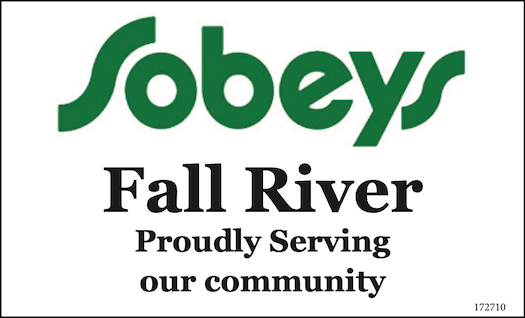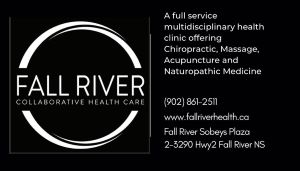HALIFAX: Municipal governments can help address the shortage of housing in Canada by simplifying their permitting processes, says the Canadian Federation of Independent Business (CFIB) in its new report entitled Flushing out the nonsense.
The report was released today as part of CFIB’s 15th annual Red Tape Awareness Week.
“Canada’s housing shortage has come to the point where buying a home in Canada is getting out of reach for most Canadians,’ said Duncan Robertson, a senior policy analyst at CFIB and co-author of the report.
“This also makes it more challenging for small employers who struggle to attract employees in many cities across the country, as those employees cannot find affordable housing.”
ADVERTISEMENT:
Robertson said municipalities across Canada can do more to help address it.
“Making municipal permitting processes simpler and less costly is one important step in addressing Canada’s housing challenges,” he said.
The new CFIB report analyzed what type of permits and costs are required for a $20,000 project to convert a simple powder room into a full bathroom in 12 major cities across Canada.
According to CFIB, while the Atlantic municipalities examined (Charlottetown, Halifax, Moncton, and St. John’s) were below the national average of forms required and permitting costs there is still more work to be done.
Establishing and reporting on publicly available times lines as well as simplifying permitting, and approval processes can go a long way to cutting unnecessary red tape in municipalities permitting processes.
On average, seven additional documents are needed for a bathroom renovation project, with the average permitting costs just over $506.
ADVERTISEMENT:
Out of the 12 municipalities examined, Charlottetown was found to have the lowest permitting cost at $180 and was tied with Edmonton and Calgary for the lowest number of forms required at 5.
Out of the remaining Atlantic cities permitting costs ranged from $579 in St. John’s to $230 in Moncton. In terms of number of forms required Moncton was the highest in the region requiring 7 while Halifax and St. John’s both required 6.
“By reviewing current processes to identify and cut unnecessary red tape around the permitting and approval process, Atlantic Canada’s municipalities can ensure the region is up to the challenge of meeting their housing needs” added Robertson.
ADVERTISEMENT:
Leveraging best practices
Over half of small business owners in the construction sector find it difficult to obtain or renew permits and/or licenses. A strong majority of businesses (80%) also agree that governments of all levels should make it a high priority to review the necessity of all business permits and licenses.
To cut unnecessary red tape, CFIB recommends municipalities:
- Review their existing permitting and approval processes.
- Establish publicly available service standards for permit processing.
- Simplify and even automate certain processes.
Provincial and federal governments should also do their part to address red tape in the housing market by:
Tying future funding for housing and infrastructure to requirements for a low administrative burden.
Ensuring reporting requirements are set provincially where permit processing service standards are provincial too.
Championing best practices.
ADVERTISEMENT:
Red Tape Challenge 2024
This year, CFIB is challenging every government in Canada (federal, provincial and municipal) to undertake two red tape reduction initiatives to help address the shortage of housing.
For example, governments could look at addressing service standards, approval timelines or the burden of permit applications. The impact of these initiatives should be measured and reported in terms of time and/or money saved.
“Addressing Canada’s housing challenge is a big job, but there’s one simple, low-cost solution all levels of governments could capitalize on, and that’s reducing red tape,” Robertson concluded.
For more information on Red Tape Awareness Week, visit cfib.ca/redtape.





















